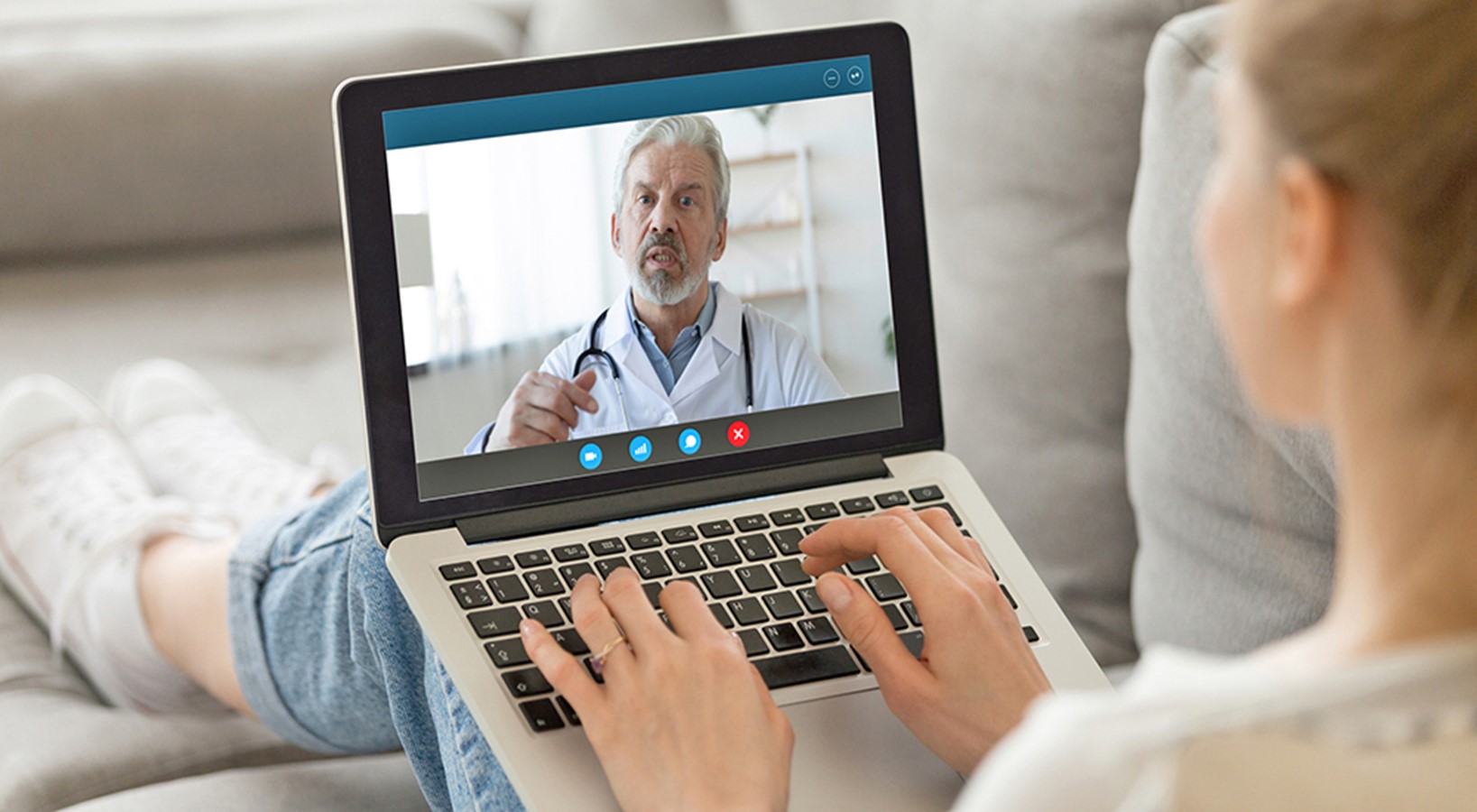
While serving in the U.S. Women’s Army Corps, Ginger MacCutcheon experienced military sexual trauma (MST). She later experienced the negative effects of her MST, including developing post-traumatic stress disorder. For almost 40 years, MacCutcheon was silent about her experience. It was not until 2015 that she learned support was available through VA.
VA mental health care and VA telehealth have helped her manage the effects of MST and regain control of her life. VA offers many resources to help Veterans cope with MST. One resource is Beyond MST, a free, secure app with tools that help Veterans who have experienced MST manage their symptoms and improve their quality of life. Veterans can also ask for a TeleMental Health video visit if they are not ready to speak with a provider in person.
“VA is willing to meet you at the point that you’re at,” MacCutcheon says. “Without VA, I really don’t think I would still be here.”
Her initial misunderstanding of how VA could help is partially why MacCutcheon is so active with Veterans now. Today, she is commander of the Disabled American Veterans Chapter 116 in Brooklyn/Parma, Ohio, and an executive committee member of the DAV Department of Ohio. In these roles, she dedicates many volunteer hours to helping other Veterans and their caregivers understand and access VA services.


